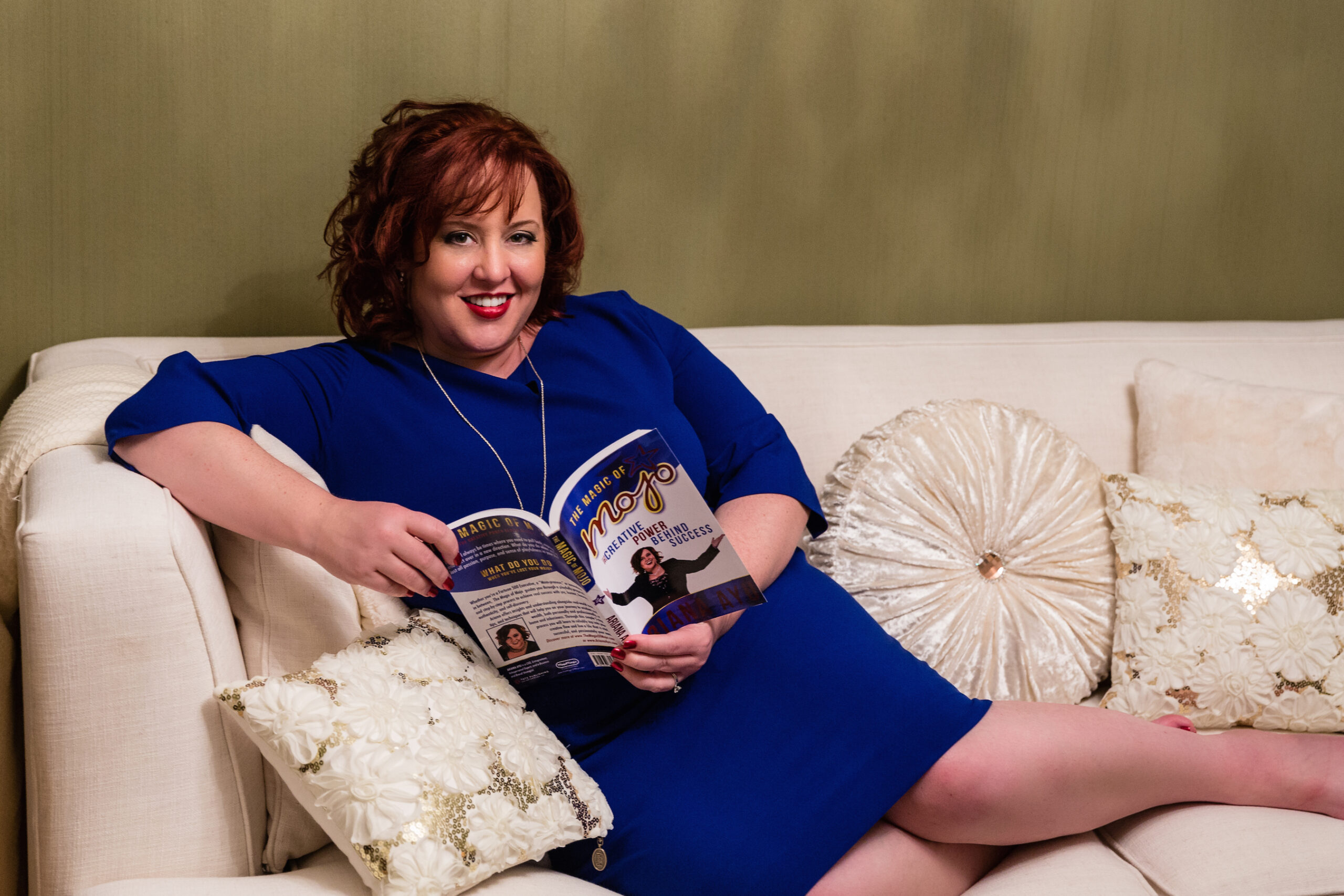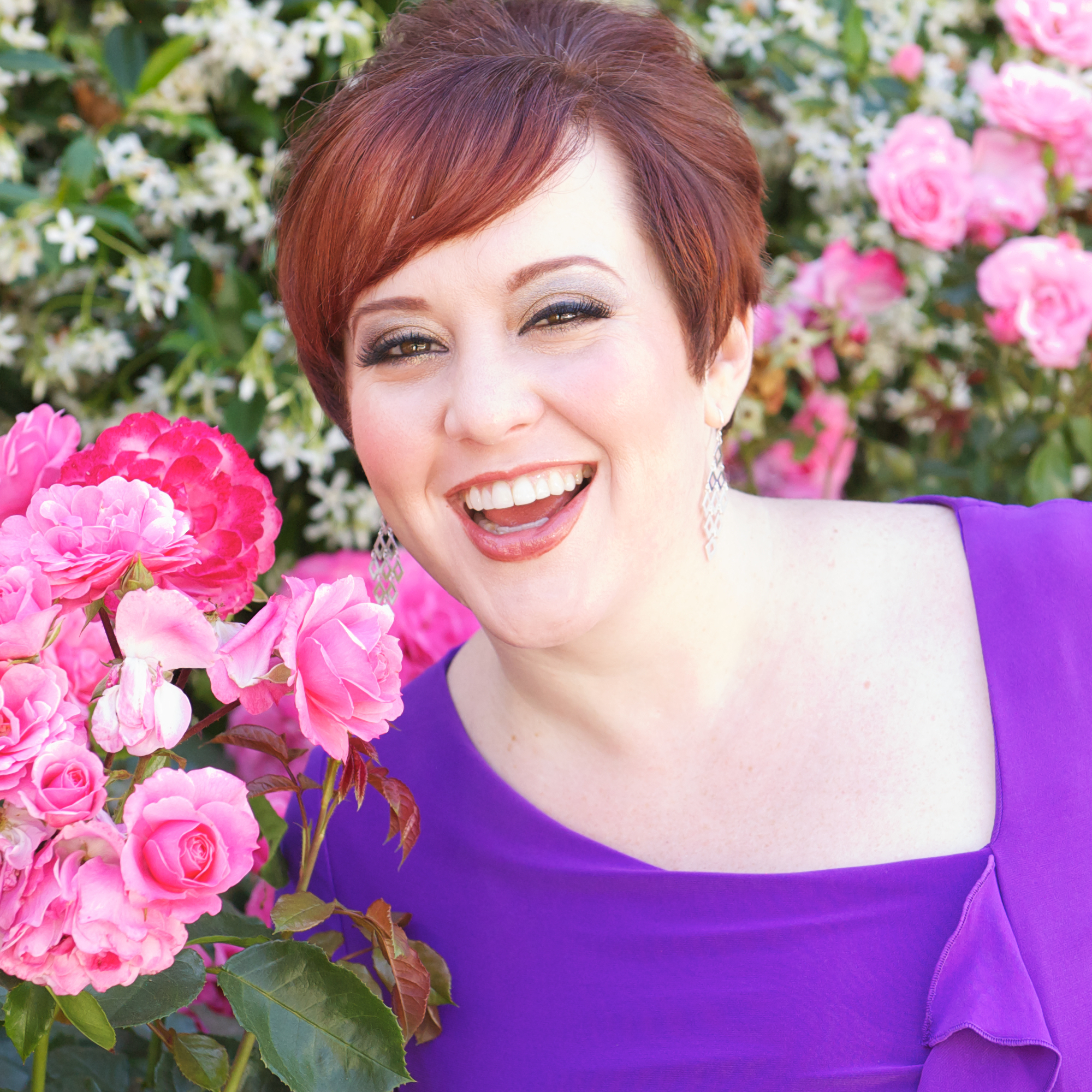
Why Successful People Know Being Wrong Is Often the Right Thing To Do
Sometimes being right can cost you everything.
There are times that for the sake of your business you may have to eat crow. It is one of the hardest parts of relationships, but it can be critical to maintaining the peace.
Have you ever been in a situation with a client where you knew you were right but you kept hearing that voice in your head say: the customer is always right?
We all know that the customer is not always right, but how important is it really to be right? Is it more important to have the satisfaction of correctness or to have the revenue from a valuable client? As an expert in your field, you will usually know much, much more than the people who seek out your help; otherwise, why would they come to you? You may even find that being a type-A, go-getter entrepreneur means you like to be right (and, in fact, ARE right) more than many other people.
If that is the case, it is probably very frustrating when you get into a conflict with someone whom you know to be incorrect… and much worse when that person is a customer. So, what do you do when a client insists they are correct but you know for a fact they are wrong?
You have four basic options in this type of scenario:
1. You can argue until you win.
2. You can defer to them and say they are correct, even when you know they are wrong.
3. You can walk away and never look back.
4. You can attempt to educate them and allow them to save face by conceding that you might be incorrect.
Many times our instinct is to go with number one. When we know that we are right and someone else is wrong, it is very easy to hold firm to the “correct” position. Unfortunately, this keeps us in a confrontational and argumentative position. It may be satisfying to prove how right we are, but it rarely wins in relationships. On the other hand, number two may feel like a betrayal of your integrity. If you know that you have the best way of doing something or that you have the most information, to say that you are wrong may be against your nature (and let’s face it, it feels terrible to say).
Personally, I hate saying that I am wrong when I know I’m right, especially if I think the other person is being irrational or unreasonable. But sometimes, being right is not the most important thing. In fact, most of the time being right is NOT what’s most important, but we are so invested in our own point of view that it feelslike it is. In these situations, saying we might be wrong feels like defeat. If it does, that means we are in an adversarial position; continuing to fight the battle is likely to result in a bigger war. (That may be satisfying to win, but does not help improve a salvageable relationship.)
Option number three is useful in situations where continuing the relationship is not important. If it is a client that you were getting ready to fire or a relationship that doesn’t matter to you, option number three will save you a lot of headaches. In some ways, this is an “agree to disagree” type situation. It may be unsatisfying, and you may need to go and vent to a friendly set of ears, but if there is no way to create a peaceful outcome, this could be your best bet.
Successful people know that number four is the hardest way to resolve the situation, but is often the most useful. Sometimes, to save a relationship, you have to admit that you were wrong – even when you know you’re not. I hate doing this, and you probably do too. It feels frustrating and leaves you feeling agitated, but when this is called for, it is often the only possible solution that will salvage the relationship.
The trick is to find a way to be authentic and speak truthfully while stepping away from the fight. This gives the other person two possible options. They can either back off from their insistence that they are right, or they can strut around with the assurance of having won. (Obviously if they choose the latter, this will be even more frustrating for you. They may soften their stance in time, but this may indicate that it’s not a relationship worth saving. In that situation, you have to determine what’s most important: getting along or getting away.)
If however, your “opponent” feels you backing away from a combative position, they may feel safe to do the same. This is a good sign that you are both interested in saving the relationship. You don’t have to lie (this will usually make you feel worse in the long run), but if you can find some ground to cede to the other party, they will often be able to cede some ground to you. Maybe all the other person needs is an apology. So many times (even when I’ve felt I did nothing wrong), I have found that apologizing for somebody’s hurt feelings is useful. You don’t even have to apologize for doing something–many times apologizing that the result of your actions was hurt feelings is enough to soothe the other person’s ego.
If your intentions were good, but the outcome was undesired, say that. This usually sounds something like, “I’m so sorry that your feelings were hurt when I did _______. It was never my intention to offend you, and I am sorry that I did.”
If, however, you turn your apology into an explanation of how you were right, that will typically further the confrontation. That usually sounds like, “I’m sorry your feelings were hurt when I did ______, but I did it because _______.” Adding the “but” to your apology essentially negates everything that came before it. If you feel like you MUST explain or defend yourself, vent to a friend or loved one first. That way, you can get all the nasty things you really want to say out of your system and be reasonable and calm towards the other person involved in the conflict.
To sum it all up, successful people ask themselves this question:
Which is more important: being right (i.e. winning or having your way) or keeping the relationship intact?
The answer to that will tell you what to do next.
This article was originally published on Inc.com in April 2016.

Author, activist, international speaker, multi-preneur, mentor, wife, and mom, Ariana Ayu is a Transformational Mystic and a Catalyst for Conscious Change.
She is the creator and lead educator for the CannyNurse™ Certificate Program, a 50-hour CEU program for nurses from LPNs through doctoral degrees, and the first comprehensive cannabis nurse training program designed for working nurses. An ordained priestess, holistic healer, and lifelong student of ancient/ modern wisdom, Ariana’s nursing background includes pediatrics, labor & delivery, nurse education, and Holistic Health/ Integrative Nurse Coaching.
She earned her MSc in Advancing Nursing Practice from the University of Edinburgh in Scotland (UK), and her Cannabis Nursing Certification from Pacific College of Health and Science.
She is passionate about racial justice, social equity, environmental preservation and conservation, and empowered health, wellness, and joy for all. Her practice is governed by the ethical principles of integrity, nonjudgment, empowerment, and respect for her clients’ autonomy.